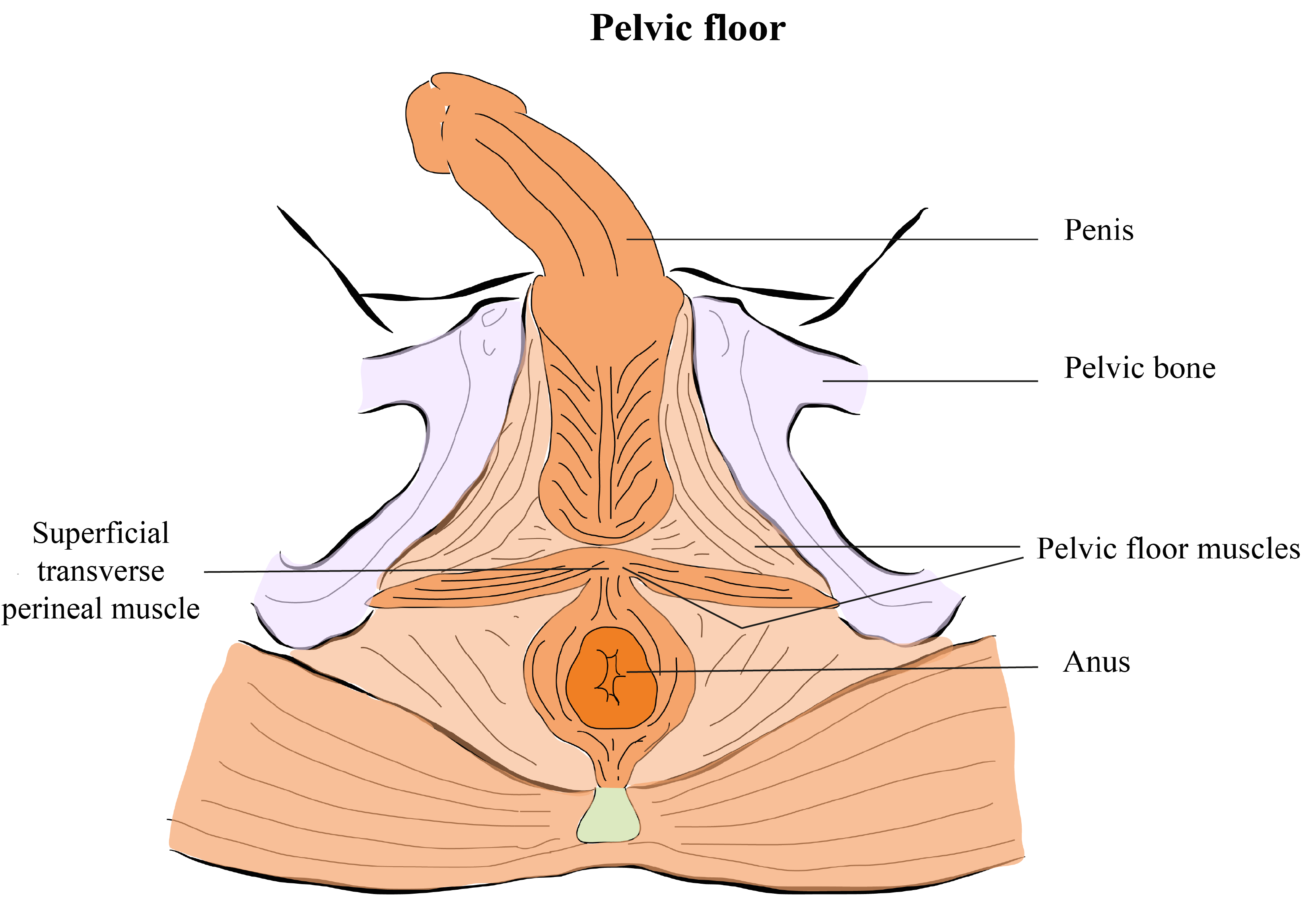Discover the phenomenon perplexing men and physicians around the world.

Hard Flaccid Syndrome (HFS) is a condition that affects the male pelvic area. It is characterized by a hardening of the penis, with a loss of sensation and erectile function. HFS can have a severe impact on a man's sexual health, self-esteem, and overall quality of life. In this article, we will explore the causes, symptoms, diagnosis, and treatment options for HFS.
Causes of Hard Flaccid Syndrome
There are several potential causes of HFS, which can make it difficult to diagnose and treat. The most common causes include:
Trauma: Trauma to the pelvic area, such as a sports injury, can lead to HFS. The trauma can cause damage to the nerves and blood vessels that supply the penis, leading to a loss of sensation and erectile function.
Overuse: Overuse of the pelvic muscles, such as excessive masturbation or frequent sex, can lead to HFS. The overuse can cause muscle fatigue and damage, leading to a loss of sensation and erectile function.
Anxiety and stress: Anxiety and stress can cause tension in the pelvic muscles, leading to HFS. The tension can reduce blood flow to the penis, leading to a loss of sensation and erectile function.
Prostatitis: Prostatitis is an inflammation of the prostate gland that can cause HFS. The inflammation can compress the nerves and blood vessels that supply the penis, leading to a loss of sensation and erectile function.
Symptoms of Hard Flaccid Syndrome
The symptoms of HFS can vary from person to person, but the most common symptoms include:
Hardening of the penis: The penis may become hard, even when not sexually aroused.
Loss of sensation: There may be a loss of sensation in the penis, making it difficult to achieve and maintain an erection.
Erectile dysfunction: HFS can cause erectile dysfunction, making it difficult to achieve and maintain an erection.
Pain and discomfort: HFS can cause pain and discomfort in the pelvic area, making it difficult to sit or engage in physical activity.
Diagnosis of Hard Flaccid Syndrome
Diagnosing HFS can be challenging, as there is no specific test for the condition. However, a doctor may perform a physical exam and ask questions about the symptoms to help diagnose the condition. In some cases, imaging tests such as an ultrasound or MRI may be used to examine the pelvic area.
Treatment Options for Hard Flaccid Syndrome
There are several treatment options available for HFS, depending on the underlying cause of the condition. The most common treatment options include:
Pelvic Physical therapy: Physical therapy can help strengthen the pelvic muscles and improve blood flow to the penis. Exercises such as Kegels and pelvic floor exercises can be effective in treating HFS. Alternatively, focusing on relaxing the muscles can help too - your Pelvic Floor Physiotherapist can guide you in your treatment plan and the best options.
Medications: Medications such as muscle relaxants and pain relievers can be used to relieve symptoms of HFS.
Surgery: In severe cases of HFS, surgery may be necessary to repair any damage to the nerves or blood vessels that supply the penis.
Lifestyle changes: Lifestyle changes such as reducing stress, avoiding overuse of the pelvic muscles, and maintaining a healthy weight can help reduce symptoms of HFS.
Conclusion
Hard Flaccid Syndrome is a condition that can have a severe impact on a man's sexual health and overall quality of life. It is essential to seek medical attention if you are experiencing symptoms of HFS. With the right treatment, it is possible to manage the symptoms of HFS and improve your sexual health and quality of life.


